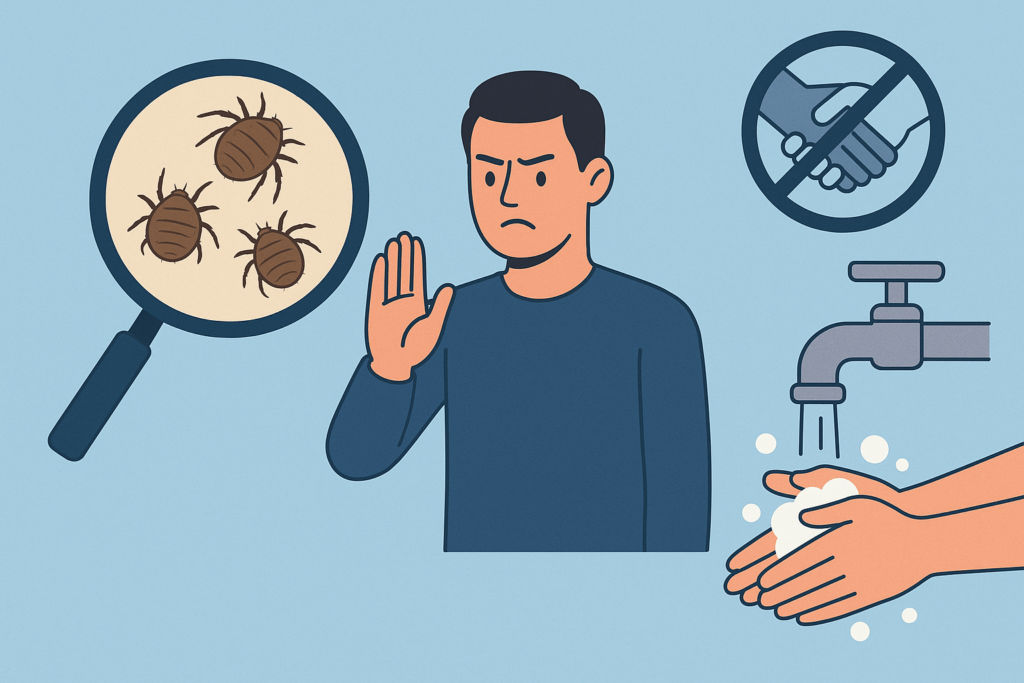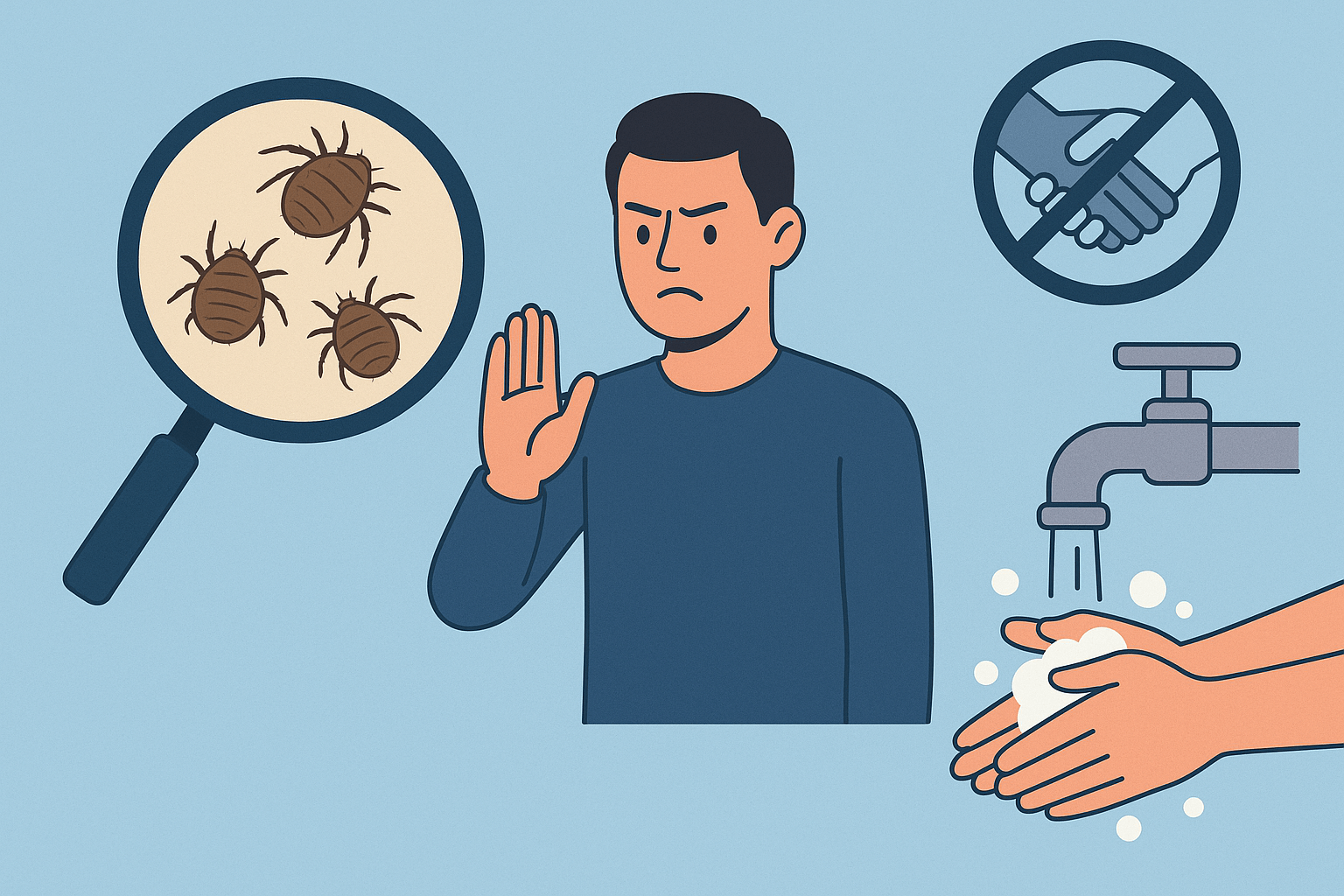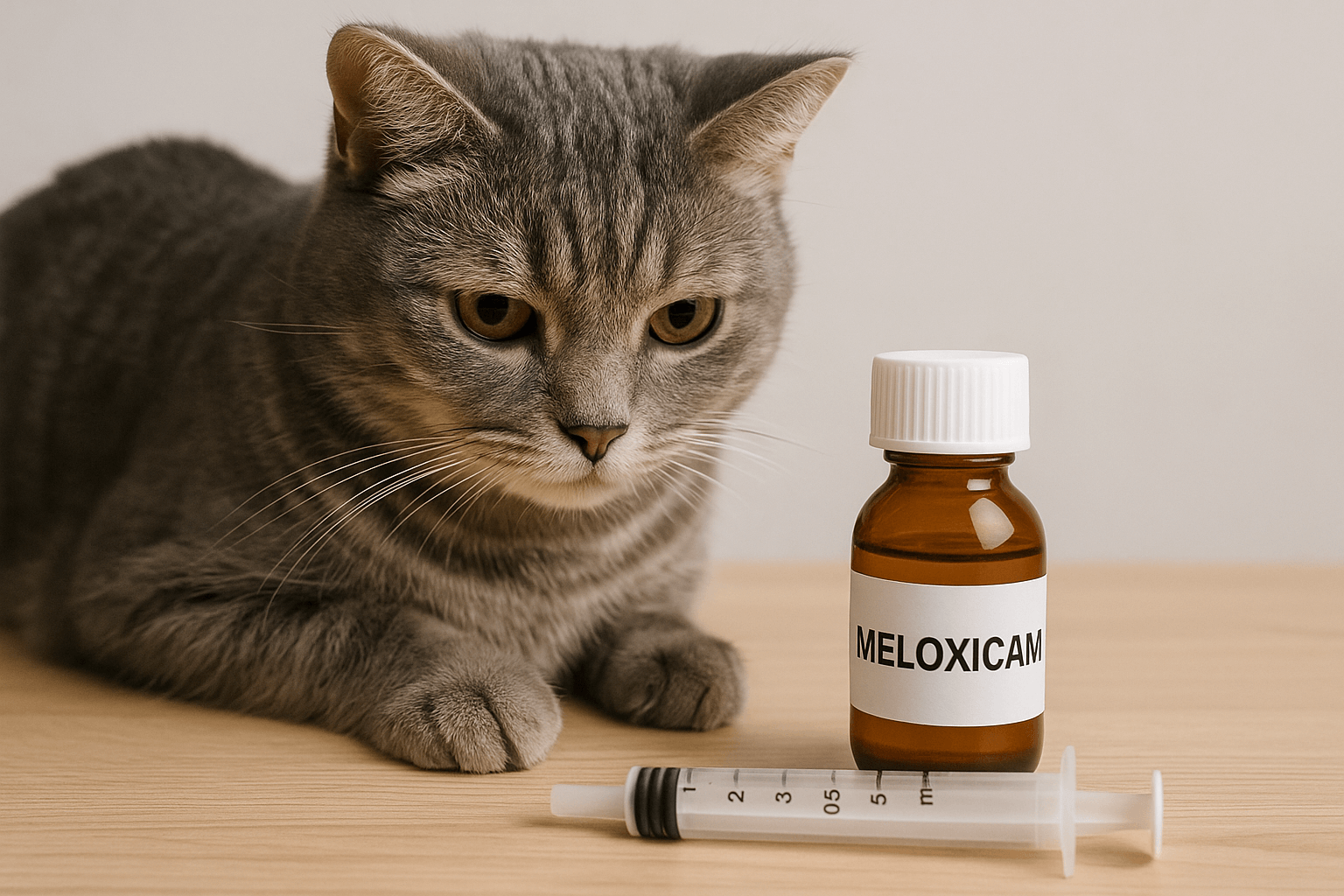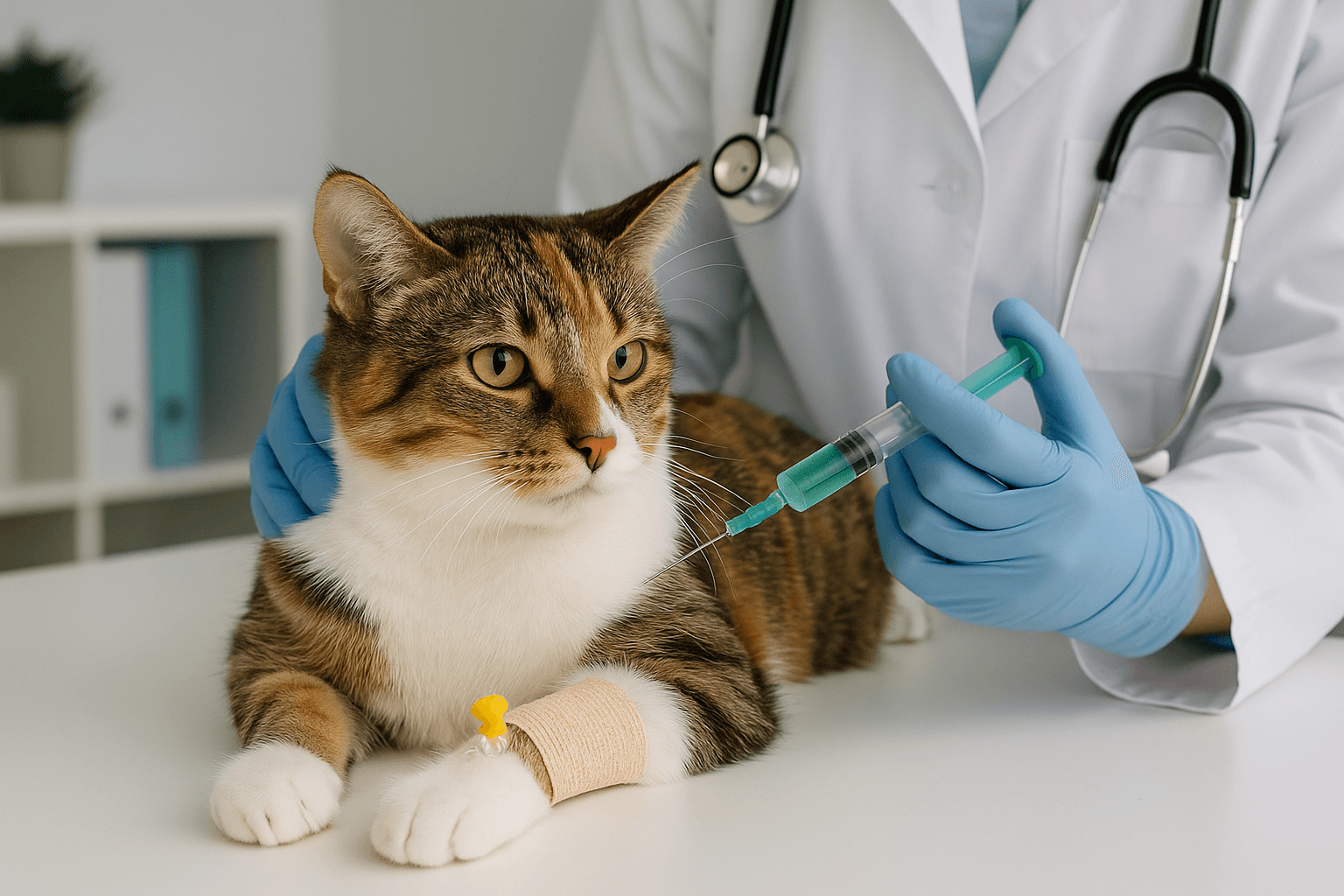How to Prevent Scabies: A Comprehensive Guide
Scabies is a highly contagious skin condition caused by tiny mites that burrow into the skin, leading to intense itching and discomfort. While it can affect anyone, certain precautions and practices can significantly reduce the risk of contracting or spreading scabies. Whether you’re concerned about protecting yourself, your family, or your community, understanding how to prevent scabies is essential. This guide will walk you through practical tips, hygiene practices, and early detection strategies to keep this pesky condition at bay. With the right knowledge and proactive measures, you can safeguard your health and maintain peace of mind.
Essential Hygiene Practices to Prevent Scabies
Good hygiene is one of the most effective ways to prevent scabies. By incorporating these simple habits into your daily routine, you can minimize the risk of exposure to scabies mites.
Wash Hands Regularly:
Frequent handwashing with soap and water removes dirt, germs, and potential mites from your skin.Avoid Sharing Personal Items:
Refrain from sharing towels, bedding, clothing, or other personal items that could harbor mites.Keep Your Living Space Clean:
Vacuum carpets, upholstery, and mattresses regularly to eliminate any mites or eggs that may linger in your home.Use Hot Water for Laundry:
Wash clothing, bedding, and linens in hot water to kill mites and their eggs effectively.Disinfect Frequently-Touched Surfaces:
Clean doorknobs, light switches, and other high-touch areas to reduce the spread of mites.
By adopting these hygiene practices, you create a safer environment that discourages the spread of scabies.

Recognizing Early Signs of Scabies Infestation
Early detection plays a critical role in preventing the spread of scabies. Familiarizing yourself with the symptoms allows you to take swift action if an infestation occurs.
Intense Itching That Worsens at Night:
Persistent itching, especially during nighttime, is one of the hallmark signs of scabies.Small Red Bumps or Rashes:
Look for tiny red bumps, often arranged in lines, on areas like wrists, elbows, or between fingers.Thickened Skin in Severe Cases:
Chronic scratching can lead to thickened or crusty skin, particularly in individuals with weakened immune systems.Irritation in Specific Body Areas:
Scabies mites tend to target warm, hidden areas such as armpits, waistlines, and genital regions.Family Members Experiencing Similar Symptoms:
If multiple people in your household develop itchy rashes, scabies could be the culprit.
Identifying these signs early ensures timely treatment and prevents further transmission.
Check this guide 👉Cat Scabies Treatment: Best 7 Expert Tips!
Check this guide 👉How Do Cats Get Mange? Best 7 Expert Tips!
Check this guide 👉Ringworm Cat Scabs: Best 7 Health Tips!
Prevention Tips for Scabies | Common Misconceptions About Scabies |
|---|---|
Wash hands frequently with soap | Scabies only affects unhygienic people |
Avoid close contact with infected individuals | Scabies spreads through casual touch |
Launder bedding and clothes in hot water | Scabies is untreatable |
Disinfect shared spaces thoroughly | Scabies mites live for long periods off humans |
Educate others about scabies prevention | Only children are at risk of scabies |
Steps to Take If You Suspect Scabies Exposure
If you believe you’ve been exposed to scabies, taking immediate action can help prevent an infestation. Follow these steps to protect yourself and others.
Consult a Healthcare Professional:
Seek medical advice promptly to confirm the diagnosis and receive appropriate treatment.Isolate Contaminated Items:
Bag and seal clothing, bedding, and towels used by the affected individual until they can be washed.Inform Close Contacts:
Notify family members, friends, or coworkers who may have been exposed so they can monitor for symptoms.Avoid Scratching Affected Areas:
Scratching can worsen irritation and increase the risk of secondary infections.Follow Prescribed Treatment Plans:
Use prescribed creams, lotions, or oral medications as directed to eradicate the mites completely.
Taking these steps minimizes the impact of scabies and helps prevent its spread to others.
Lifestyle Changes to Reduce Scabies Risk
Incorporating certain lifestyle changes can strengthen your defenses against scabies and promote overall skin health. These adjustments go beyond basic hygiene to address broader risk factors.
Boost Your Immune System:
A strong immune system helps your body fight off infestations more effectively. Focus on a balanced diet rich in vitamins and minerals.Limit Close Contact in Crowded Spaces:
Avoid prolonged physical contact in crowded environments where scabies can easily spread.Inspect Shared Facilities Carefully:
Be cautious when using communal spaces like gyms, locker rooms, or dormitories, as these areas may harbor mites.Maintain Proper Skincare:
Keep your skin clean and moisturized to reduce the likelihood of irritation or infection.Educate Yourself and Others:
Understanding scabies prevention empowers you to take proactive measures and share knowledge with those around you.
These lifestyle changes not only reduce scabies risk but also contribute to better overall well-being.
Common Mistakes to Avoid When Dealing with Scabies
Missteps in handling scabies can prolong the infestation or increase the risk of spreading it to others. Avoiding these mistakes ensures a smoother recovery process.
Delaying Medical Treatment:
Waiting too long to see a doctor can allow the infestation to worsen and spread. Seek help at the first sign of symptoms.Neglecting Household Cleaning:
Failing to disinfect your living space can result in reinfestation even after treatment.Using Over-the-Counter Remedies Without Guidance:
Self-medicating without professional advice may not effectively eliminate scabies mites.Ignoring Secondary Infections:
Scratching can lead to bacterial infections, which require separate treatment. Address these promptly.Not Treating All Household Members Simultaneously:
Treating only one person leaves others vulnerable to reinfection. Ensure everyone receives care together.
Avoiding these errors helps streamline the treatment process and prevents recurrence.
Natural Remedies to Complement Scabies Prevention
While medical treatments remain the gold standard, natural remedies can support prevention efforts and soothe irritated skin. Consider these options alongside professional care.
Tea Tree Oil:
Known for its antimicrobial properties, tea tree oil can help alleviate itching and reduce mite activity when diluted properly.Neem Oil:
Neem oil has insecticidal properties and may aid in repelling scabies mites when applied topically.Aloe Vera Gel:
Aloe vera soothes irritated skin and promotes healing, providing relief from scabies-related discomfort.Turmeric Paste:
Mixing turmeric powder with water creates an anti-inflammatory paste that can ease itching and inflammation.Apple Cider Vinegar:
Applying diluted apple cider vinegar may help restore skin pH balance and deter mites.
These natural remedies offer supplementary benefits but should not replace prescribed treatments.
How to Educate Others About Scabies Prevention
Raising awareness about scabies prevention is vital for protecting communities and reducing stigma. Here’s how you can educate others effectively.
Host Informative Workshops:
Organize sessions to teach people about scabies causes, symptoms, and prevention strategies.Distribute Educational Materials:
Share brochures or flyers with clear, concise information about scabies prevention in schools, workplaces, or community centers.Leverage Social Media Platforms:
Post engaging content, such as infographics or videos, to reach a wider audience and debunk common myths.Encourage Open Conversations:
Foster dialogue about scabies to normalize discussions and reduce fear or shame associated with the condition.Collaborate with Healthcare Providers:
Partner with local clinics or hospitals to disseminate accurate information and resources.
By spreading awareness, you empower others to take charge of their health and prevent scabies outbreaks.
Frequently Asked Questions About Preventing Scabies
Can scabies spread through casual contact?
Yes, prolonged skin-to-skin contact is the primary mode of transmission, though casual contact rarely leads to infestation.
How long can scabies mites survive without a host?
Scabies mites typically survive for 2-3 days off human skin, making thorough cleaning crucial after exposure.
Is scabies treatable?
Yes, scabies is treatable with medicated creams, lotions, or oral medications prescribed by a healthcare provider.
Can pets transmit scabies to humans?
Most scabies cases in humans are caused by Sarcoptes scabiei var. hominis, which does not infect animals. However, animal-specific mites can cause temporary irritation.
What should I do if I suspect scabies in my household?
Isolate contaminated items, seek medical care, and inform close contacts to ensure everyone receives treatment simultaneously.
Empowering Yourself Against Scabies
Preventing scabies requires vigilance, education, and consistent hygiene practices. By understanding how scabies spreads and implementing preventive measures, you can protect yourself and your loved ones from this uncomfortable condition. Remember, early detection and prompt treatment are key to minimizing the impact of an infestation. With the right approach, you can maintain a healthy, itch-free lifestyle and enjoy peace of mind knowing you’re prepared to tackle scabies head-on. Stay proactive, stay informed, and prioritize your well-being!
Cat Fever Treatment: Best 7 Expert Tips! Discover expert advice on identifying, managing, and treating fever in cats to ensure their quick recovery and well-being.
Understanding Meloxicam for Cats: Best 7 Expert Tips! Learn how to safely administer meloxicam, manage side effects, and ensure your cat's comfort with expert advice on feline pain relief.
Amoxicillin for Cat UTI: Best 7 Expert Tips! Discover safe usage, dosage guidelines, and expert advice on treating feline urinary tract infections effectively with amoxicillin.
Understanding Cat Cancer Treatment: Best 7 Expert Tips! Discover expert advice on managing feline cancer, from early detection to treatment options, ensuring your cat’s health and comfort.





